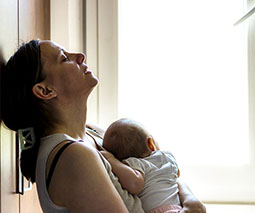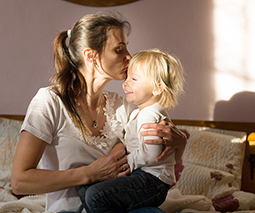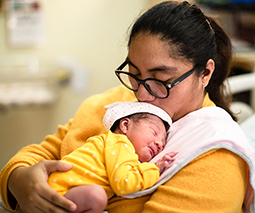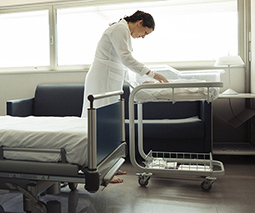Having babies ages you by 11 years finds study – but mums already knew that

While mums have been telling their kids they’re sending them to an early grave since the beginning of time, scientists now have some official data which ‘proves’ this is the case.
And you can take their finding as you will …
Motherhood takes its toll on our bodies
As if this is a surprise to mothers: scientists from George Mason University in the US have found that childbirth and raising little humans takes its toll on women. I know, shock! They claim this goes beyond pregnancy and childbirth, with motherhood itself having lifelong consequences by altering how fast we age.
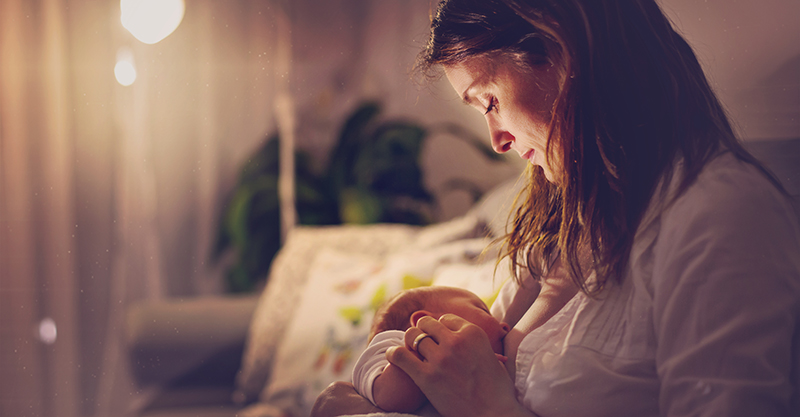
Having kids ages you by 11 years
By analysing the DNA collected from nearly 2,000 reproductive-age women in the US, the researchers found those who had given birth showed altered genetic markers, suggesting significantly accelerated cellular ageing.
“We were surprised to find such a striking result,” epidemiologist Anna Pollack told New Scientist.
“It is equivalent to around 11 years of accelerated cellular ageing.”
How the results were found
While there are (thankfully) other studies that point to the contrary, this is how Pollack and her team came to their scary conclusion:
The scientists looked at a genetic marker called telomeres over a three year period in participants.
Telomeres are molecular regions that act as caps on the ends of our chromosomes, helping to protect our cells from deteriorating over time. A telomere length is used as a marker of how old we are on a cellular level, with longer telomeres considered better and shorter ones being associated with ill health brought on by cancer, heart disease, and cognitive decline.
In the study, the team found after accounting for things like things like age, ethnicity, education, smoking status and so on, women who had given birth to at least one child had telomeres that were 4.2 percent shorter on average than those of women who had not. This is equivalent to around 11 years of accelerated cellular ageing.
What’s more, the scientists found the telomere shortening associated with childbirth was greater than smoking (4.6 years of cellular ageing) and obesity (8.8 years).
What if you’ve had more than one baby?
In the study, the telomere shortening varied depending on how many children the women had.
“We found that women who had five or more children had even shorter telomeres compared to those who had none, and shorter relative to those who had one, two, three or four, even,” Pollack told Newsweek.
Could motherhood be stressful? You don’t say!
As for why mothers have shorter telomeres, the researchers speculate stress involved in looking after and raising our munchkins could be a factor.
I could have told them that. Any mother could!

Now for the good news
Thankfully it seems this study is a little weak.
Firstly, it’s only meant to be observational in nature. Even Pollack herself advises it be taken with caution and that only a correlation between motherhood and increased ageing can be drawn, not a solid conclusion.
“We’re not saying ‘don’t have children,'” she told New Scientist.
Secondly, at least one study has produced a contradictory result.
In 2016 researchers looked at the Kaqchikel Mayan communities in Guatemala and found that the women there with surviving children had longer telomeres, suggesting that having children could actually protect us from cellular ageing.
Other previous studies have also suggested that if motherhood does in fact reduce telomeres, it only does so by 4.5 years, not 11.
Thank goodness for that
So now we can all go back to not worrying about such scary studies and start stressing over our kids having too much screen time and not getting enough sleep. Oh, stress, that’s right …

